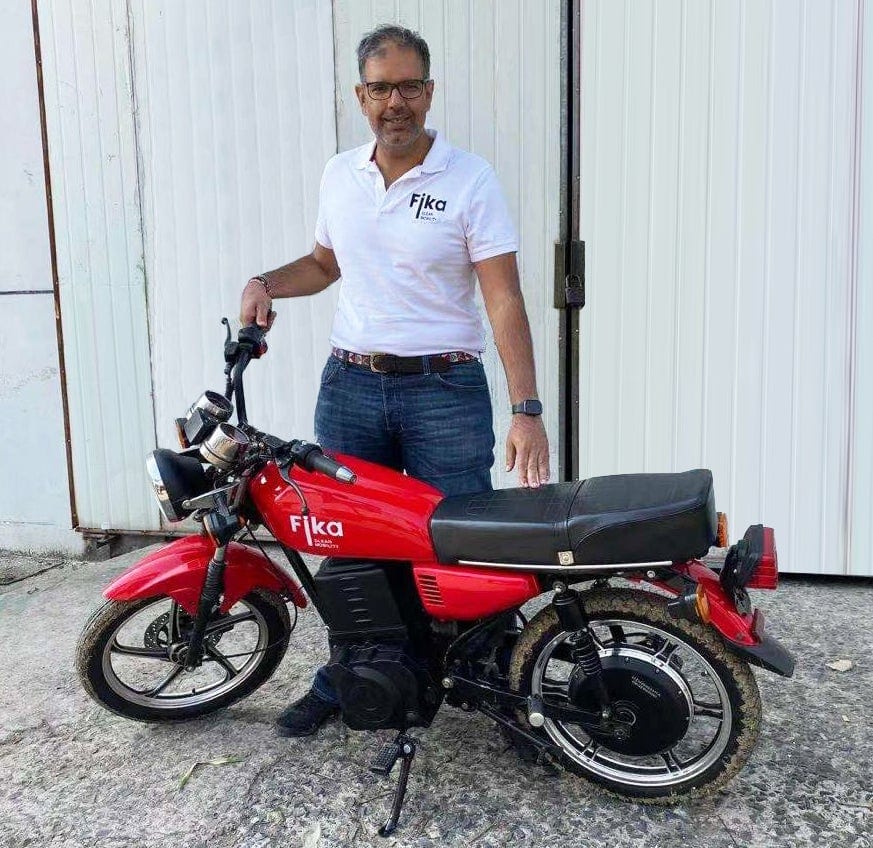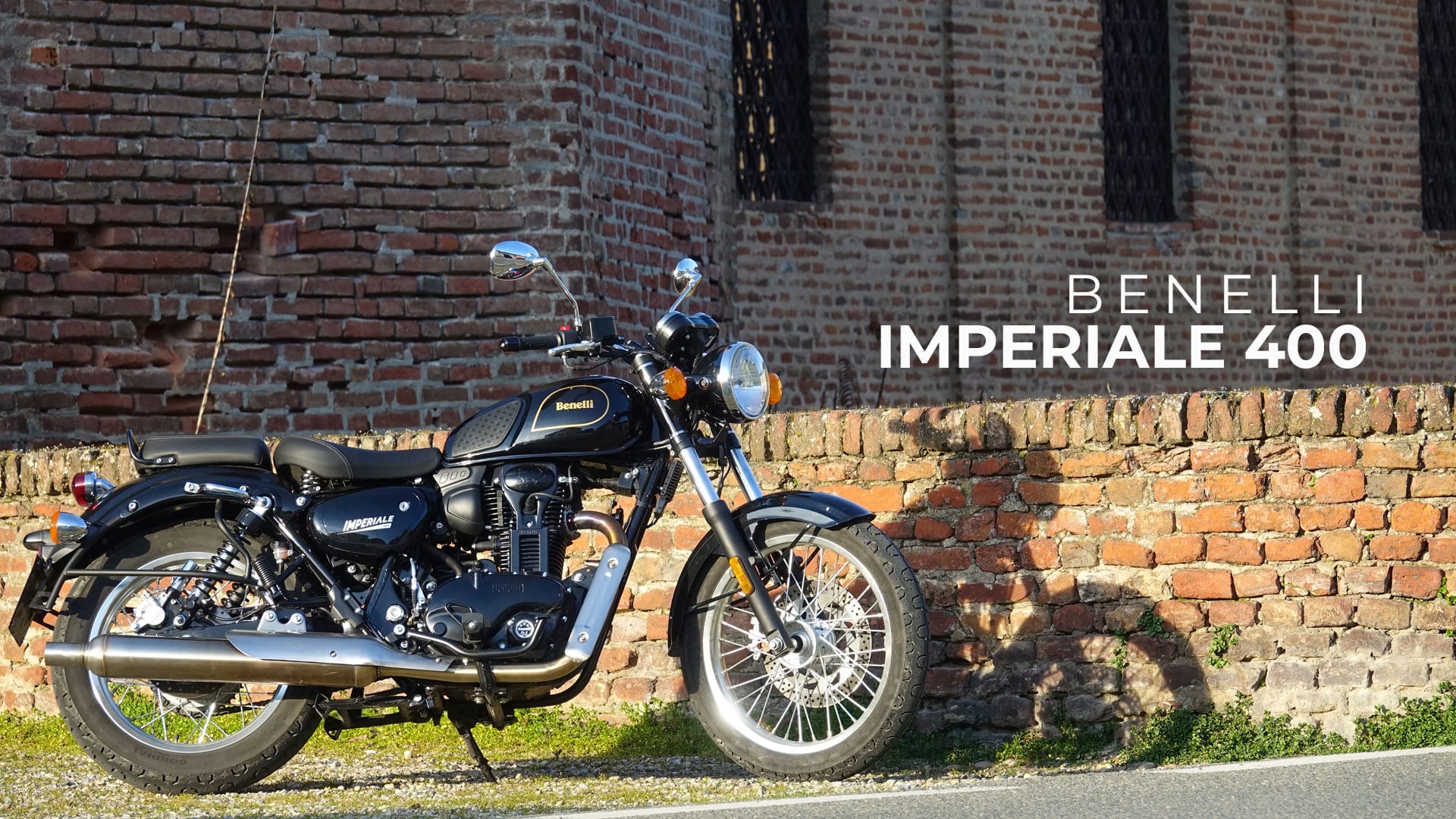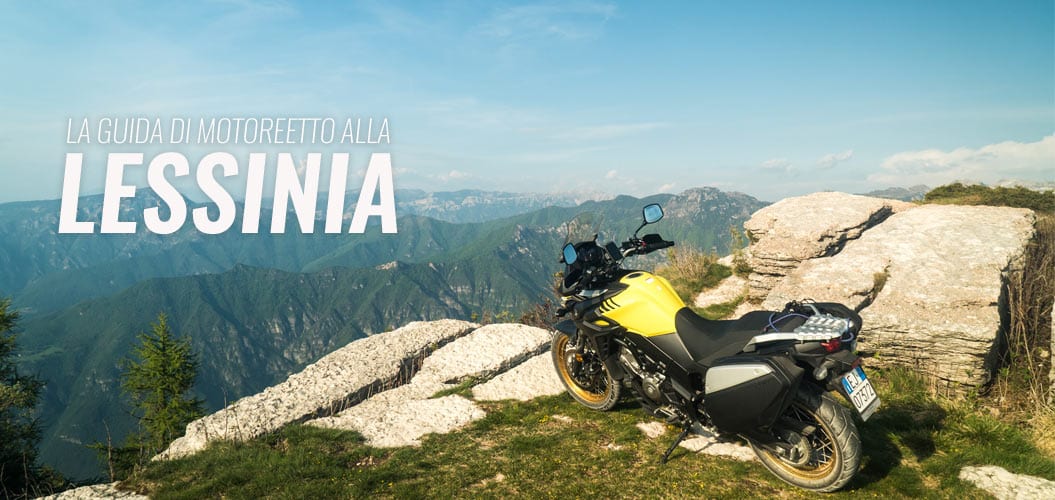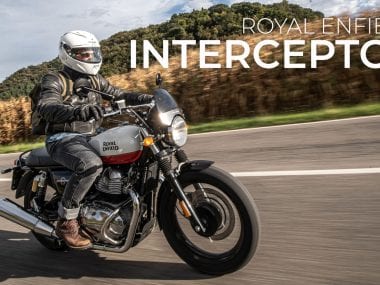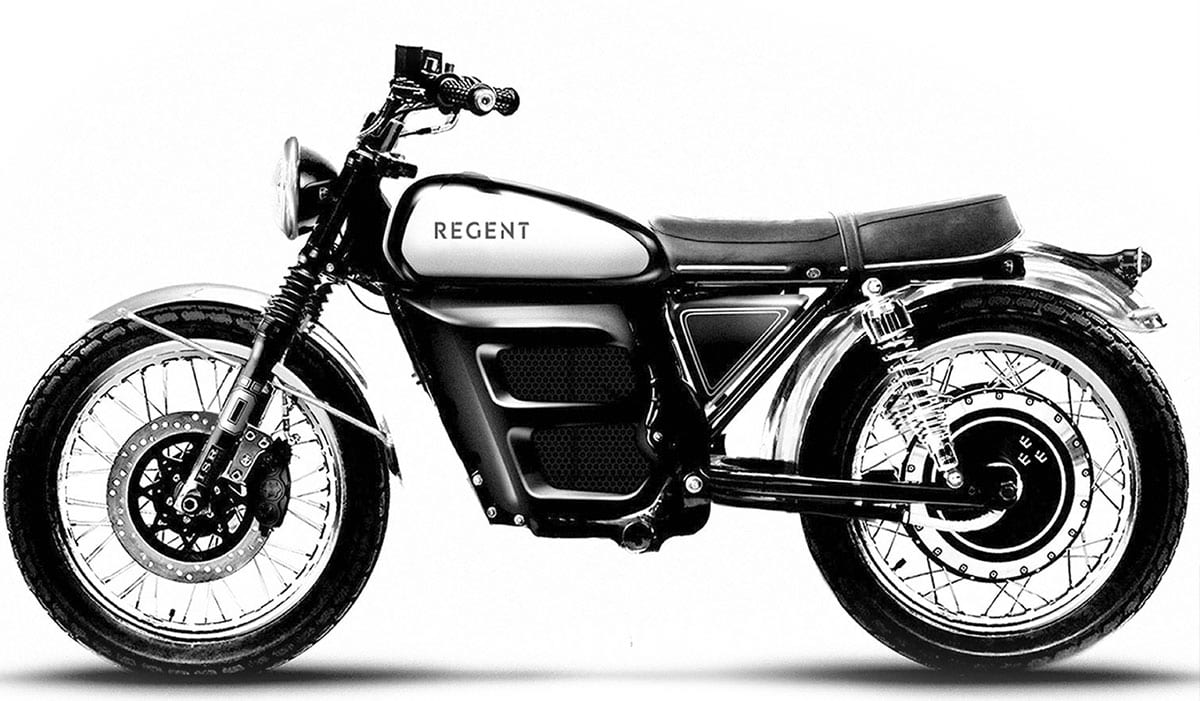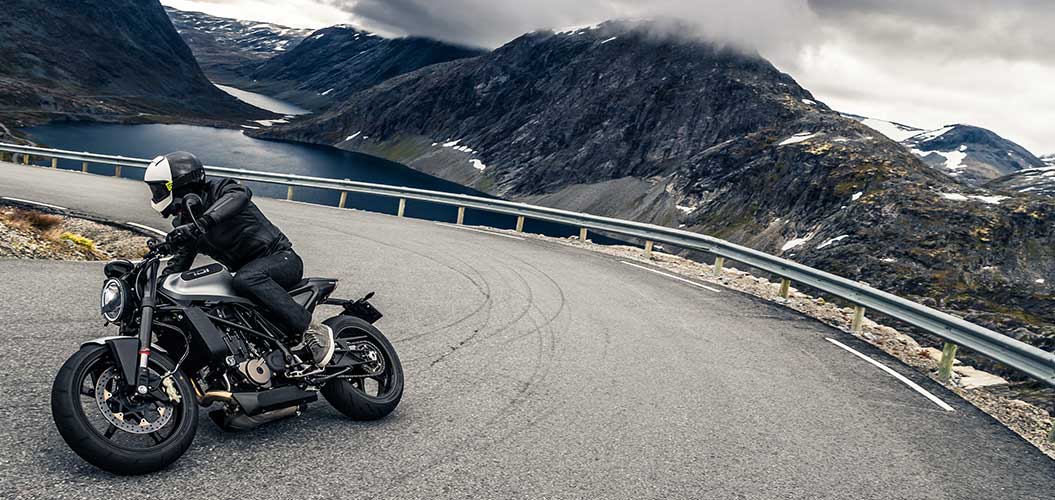Learn from site Cleantechnica that there is in Kenya Coffee. And it is also electric.
Beyond the laughter that we can grant us here in Italy for a name like… evocative, it is a more environmentally friendly mobility project in a difficult environment and that's why I decided to tell this story on my blog.
Il nome, and then, unknowingly it helps us to know what is happening in a world so different from ours like Kenya.
Coffee, in Swahili, It does not mean what we think it “I'm coming” and might just as well, or that the electric bike is about to enter the difficult African Transport fabric.
The electric motorcycle Fika Mobility It is still at the prototype stage, but as we will see now, It seems to hit a very important issue. The idea came to Rishi Kohli (the guy who smiles in the photo above) and his brother Sanuji We have long been engaged in sustainable development projects, especially in LED technology and charging systems.
They found what we can see them all in a trip to an African country: the bikes here are not just fun tools, but agile and cost-effective transport and work vehicles to get anywhere.
600.000 wedding wedding
In Kenya i wedding wedding, ie mototaxi, They are very popular as is the case throughout Africa. It is estimated they circulate 600.000. Also here, as I got to see in person in Sierra Leone with the project In Moto With Africa, small motorcycles allow both the commercial transport in cities such as Nairobi or Mombasa, and in smaller centers such as Malindi, both the transport of goods and people in remote rural areas and often difficult to reach with a truck.
Added to this is that the air in African urbanized centers is very polluted and that the 39% CO2 emissions from transport arrives in Kenya.
An opportunity called… moto
Here the bike is a real job opportunities and many unemployed young people dream of having a one day so that we can become a motorcycle taxi and work effectively in logistics. Around them obviously no shortage banks, loan brokers, traders of petrol and sellers of spare parts, all ready to gain also from the development of this activity. Yes, because in addition to the purchase then there's the maintenance.
Una Bajaj Boxer 150 here costs 1.120 dollars. It is estimated that maintenance and they cost fuel at every taxi-rider about 6 dollars a day.
Hence the desire of Kohli Brothers: “our mission is to give owners of Boda Boda riders and a cheaper platform, let's hope, one day may facilitate the spread of electric vehicles in Kenya and throughout Africa“.
Their idea is to propose a simple motorcycle, easy and economical with a Easily removable battery and insert it into a more complex system, with deposit and charging stations where, in practice, Bikers can leave the battery and take another charge. This is not an absolute novelty: tower already it does in Taipei and Bodawerk He is working on a similar project in Uganda. The same Kymco with the IONEX has long move in this direction.
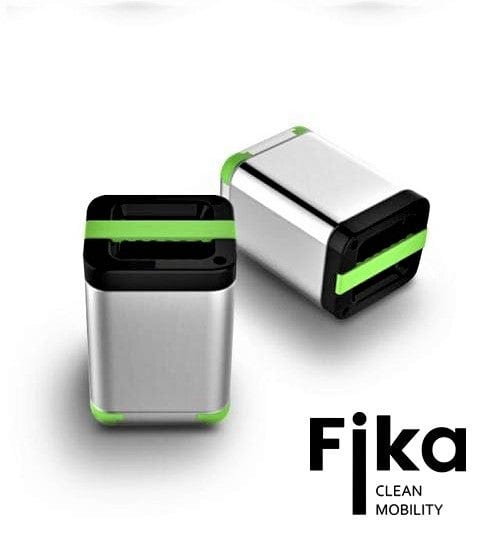
Also interesting to note that in Kenya the concept of the exchange station, the “swapping station“, It is not so new, and indeed already part of the habits: It is used for example for cans of drinking water or for the gas cylinders.
In this way they would be able to propose to motorcyclists Kenyan a motorcycle at a price only slightly higher than that of Bajaj – we talk about 1.200 dollars – but it would allow them to significantly reduce the operating costs while also offering solutions canon monthly which also includes the costs of charging and battery management. This can quickly break down the barriers to entry and the cost of a motorbike would no longer be an obstacle for those with limited resources. In addition to the environmental implications are therefore important social implications.
In this case the prototype they are working on has a lithium-ion 2,5 kWh for a range estimated to be about 100 km. You must understand how this model can be adapted to the most complex and lengthy distances in rural areas. Certainly, its success also in the streets urban centers would push to build swapping station and people to have more confidence with the electric mobility.
It remains to see the appearance of repair long-term well aware of how in Africa everything breaks and everything shelters with what you find.

